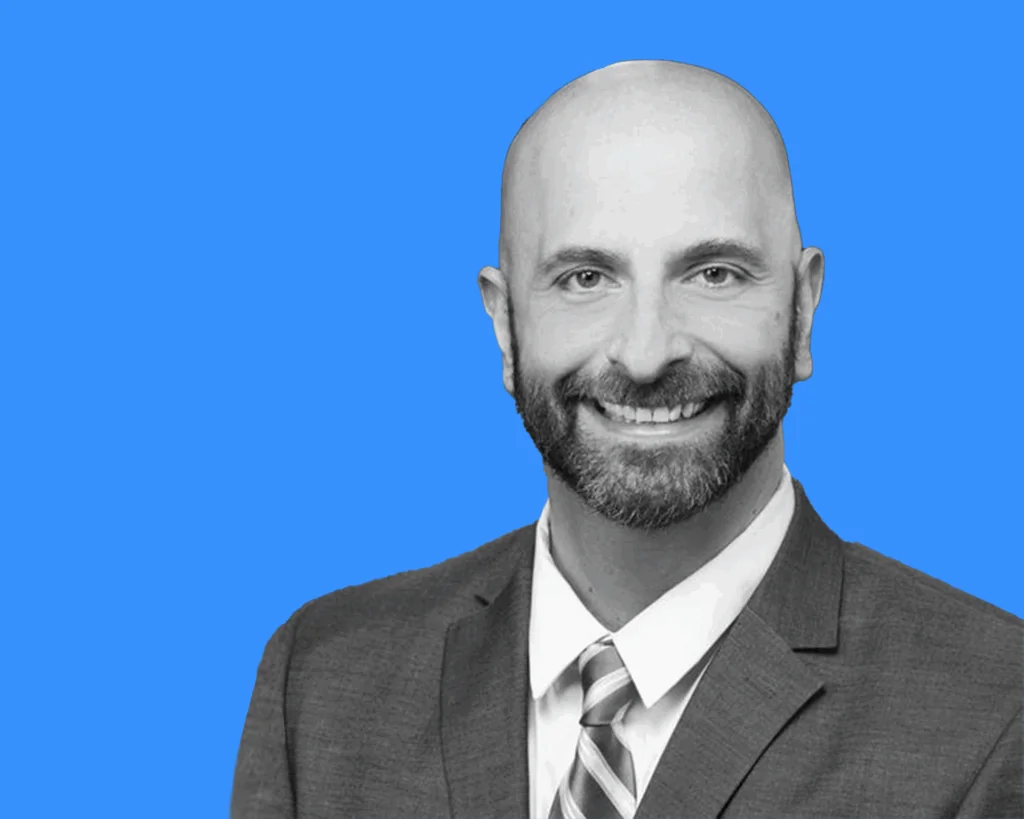Joan Alker
Joan Alker, executive director of the Center for Children and Families at Georgetown University, discusses her work and the role of Medicaid in the 2024 election.

Read Time: 5 minutes
Published:
Joan Alker is the executive director and co-founder of the Center for Children and Families (CCF) at Georgetown University McCourt School of Public Policy. She advises state and private partners to advocate for affordable care for low-income Americans and families.
Medicaid was first established in the U.S. in 1965 under the Social Security Act, creating federal funds for states to provide affordable health care to low-income Americans. The Children’s Health Insurance Plan (CHIP) passed in 1997 to provide low-cost health coverage to children in families that earn too much money to qualify for Medicaid but not enough to buy private insurance. Since the enactment of the Affordable Care Act (ACA) in 2014 and its highly contested Medicaid expansions, manageable-cost care is a priority for many voters each election.
Joan Alker is the executive director and co-founder of the Center for Children and Families (CCF) at Georgetown University McCourt School of Public Policy. She is an expert on Medicaid and CHIP, and her testimonies in front of Congress, advisory expertise, and written work in research and editorial publications have made her a widely respected and honored voice in discussions surrounding affordable insurance policy.
Alker sat down with Public Health Post to discuss her work, career, and the 2024 election.
Public Health Post: What inspired you to focus your career on Medicaid research and advocacy?
Joan Alker: When I did graduate work in political science in England and worked in British politics, I loved thinking about how different advanced democracies address questions of poverty, inequality, and social welfare. At my first job at the National Coalition for the Homeless, I saw that people end up unhoused because multiple systems are breaking down. I became very interested in Medicaid and CHIP and the breakdowns in our uniquely American health care system. In the 25 years that I’ve been working on it, Medicaid enrollment has grown tremendously from around 30 million to about 90 million people.
Medicaid is usually the sleeper issue that winds up being really important. It’s often called upon to be a first responder during crises like the HIV/AIDS epidemic and COVID-19 pandemic. It’s the country’s largest program serving low-income people, and it provides the most behavioral services and long-term care. It is a vital part of our health care system that doesn’t get enough attention.
What is the Center for Children and Families (CCF), and what work is being done there?
The CCF is a 100% externally funded research center at the Georgetown McCourt School of Public Policy. We’re not your typical academic research center; we’re here to impact the public policy discourse, and we’re not shy about that. We want all children and families to have access to high quality, affordable care. We’re able to bring data, evidence, and expertise to a very complex topic with state partners and advocacy groups who are working to make change for kids and families.
What is CHIP, and how does it relate to Medicaid?
CHIP rose out of the Clinton health reform to drive down the number of uninsured children and sits on the shoulders of Medicaid. Most children on CHIP are actually covered by Medicaid. The Biden administration is trying to modernize CHIP to address concerns about employer coverage, waiting periods, lockouts, and premiums, but we’re seeing resistance. We shouldn’t have children being subjected to things that nobody else in our health care system is being subjected to.
How can Medicaid and CHIP better serve Americans?
We need to close the coverage gaps that exist in states that haven’t expanded. We need federal continuity and enforcement of existing protections in Medicaid because some states are not always following them. Many services are provided through managed care organizations (MCOs), and we need more oversight of those MCOs. We also need more transparency and accountability to make sure that folks are getting access to the services they’re entitled to.
What is the public perception of Medicaid? How does it differ between the public and policymakers?
Medicaid is actually very popular with the public. Yes, they have some complaints, but they really value it, and it polls almost as highly as Medicare. Most people have family or friends that have gotten care through Medicaid. Even the voters in red states like Medicaid, and it’s won every time it’s been on the ballot.
We have some politicians who are hostile to Medicaid. There’s a segment of the Republican Party that is very opposed to it, and that comes from two trains of thought. One is made of rich billionaires who don’t want to pay taxes and oppose government programs that cost public money. The other comes from hostility towards people who receive government benefits: the “deserving and undeserving poor,” which has thinly veiled racist narratives.
How do you see Medicaid playing a role in the 2024 election? What should voters be paying attention to?
This federal and presidential election is enormously consequential for the future of Medicaid. I wish the presidential candidates would talk about Medicaid, but we haven’t really heard either of them talk about it. In a second Trump administration or with a Republican House or Senate even if Harris wins, we expect huge cuts to finance Trump’s large tax cut agenda. Frankly, we expect an existential crisis for Medicaid. When we look back to the first Trump administration and the efforts to repeal the ACA, they tried to cap Medicaid. It may again be on the chopping block, and it needs to be preserved.
Joan Alker was a panelist at the Boston University School of Public Health event A Vote for Health: Medicaid on October 8. Revisit the conversation here.
This interview has been edited for length and clarity.



